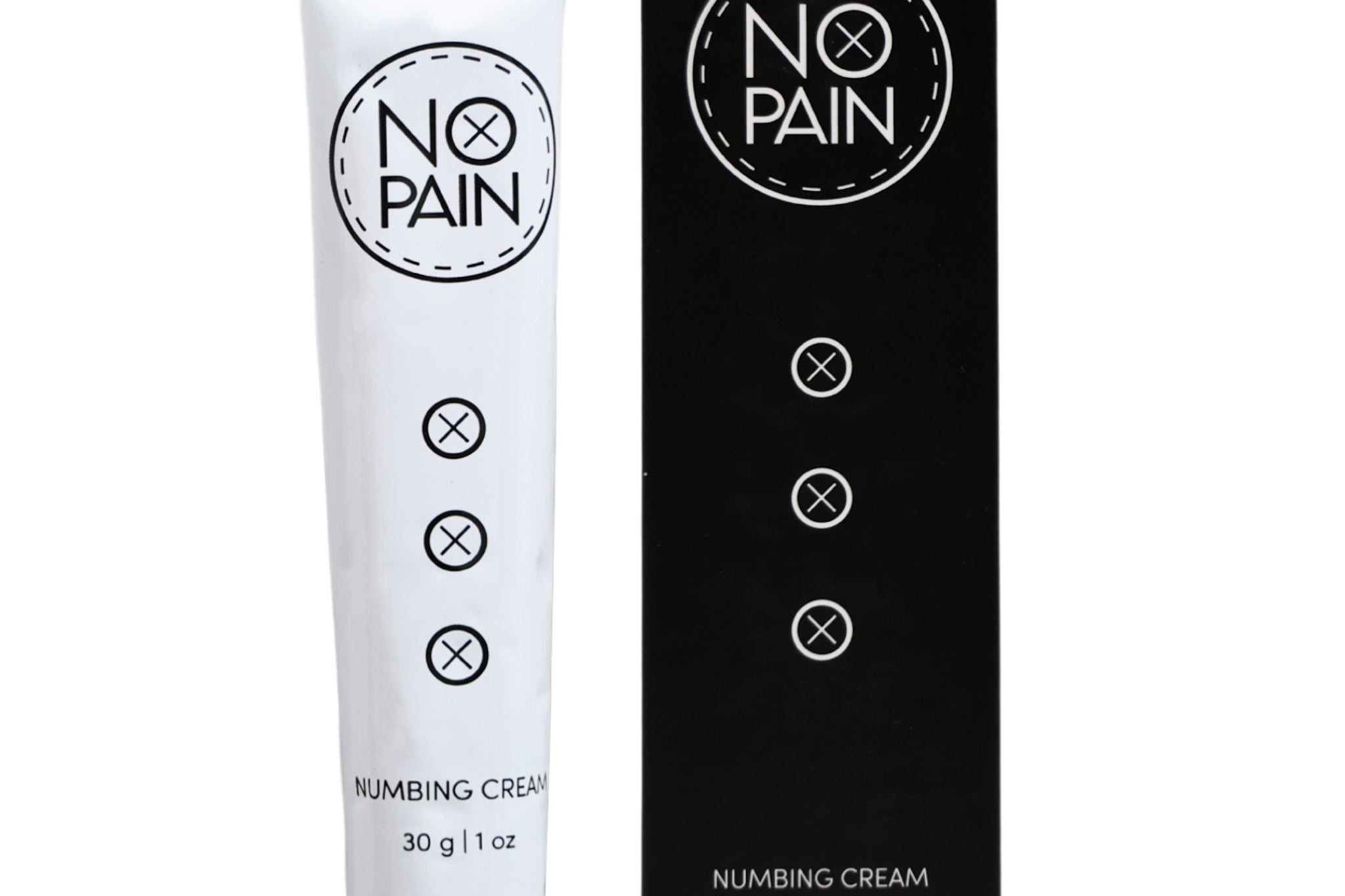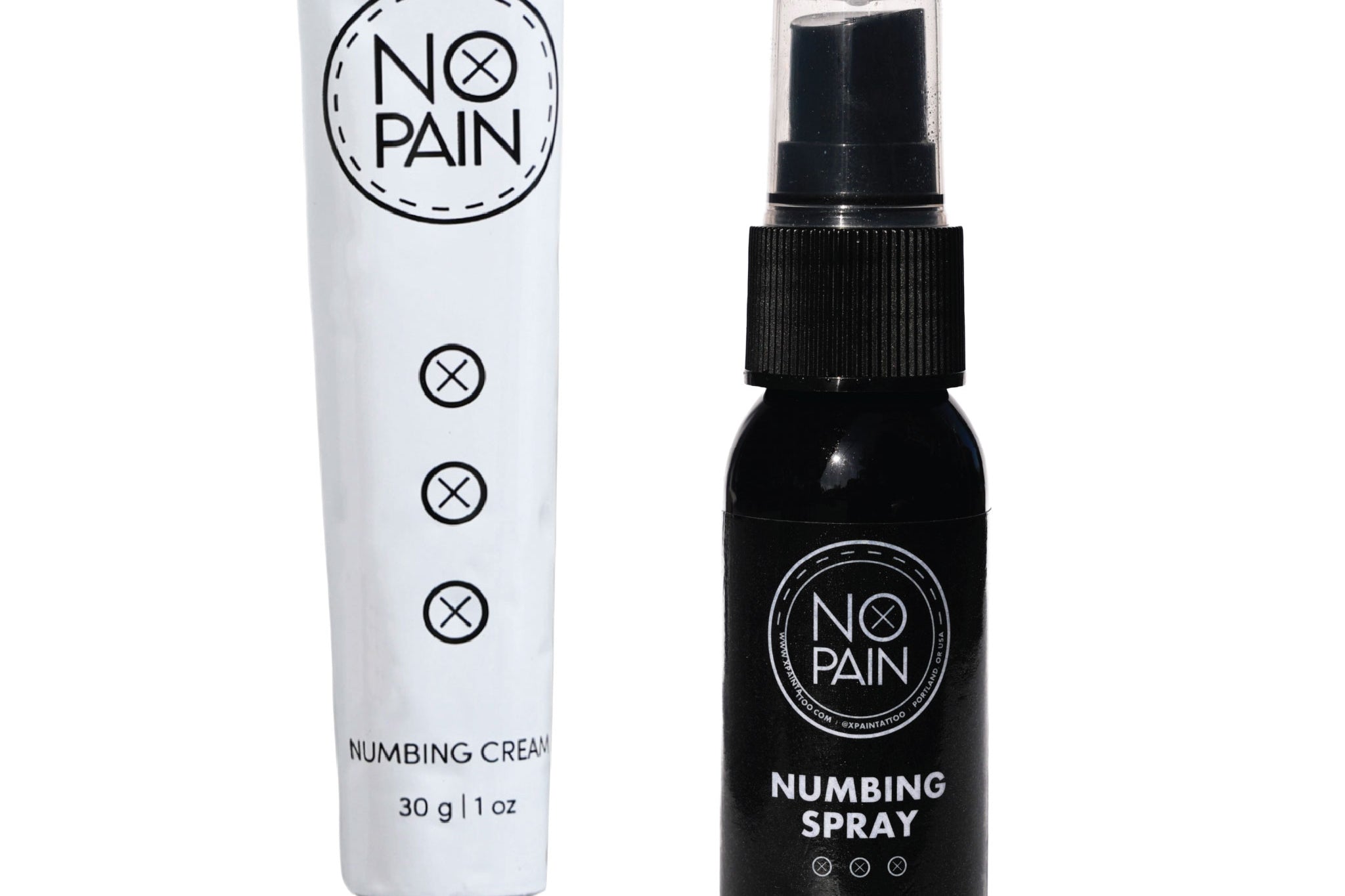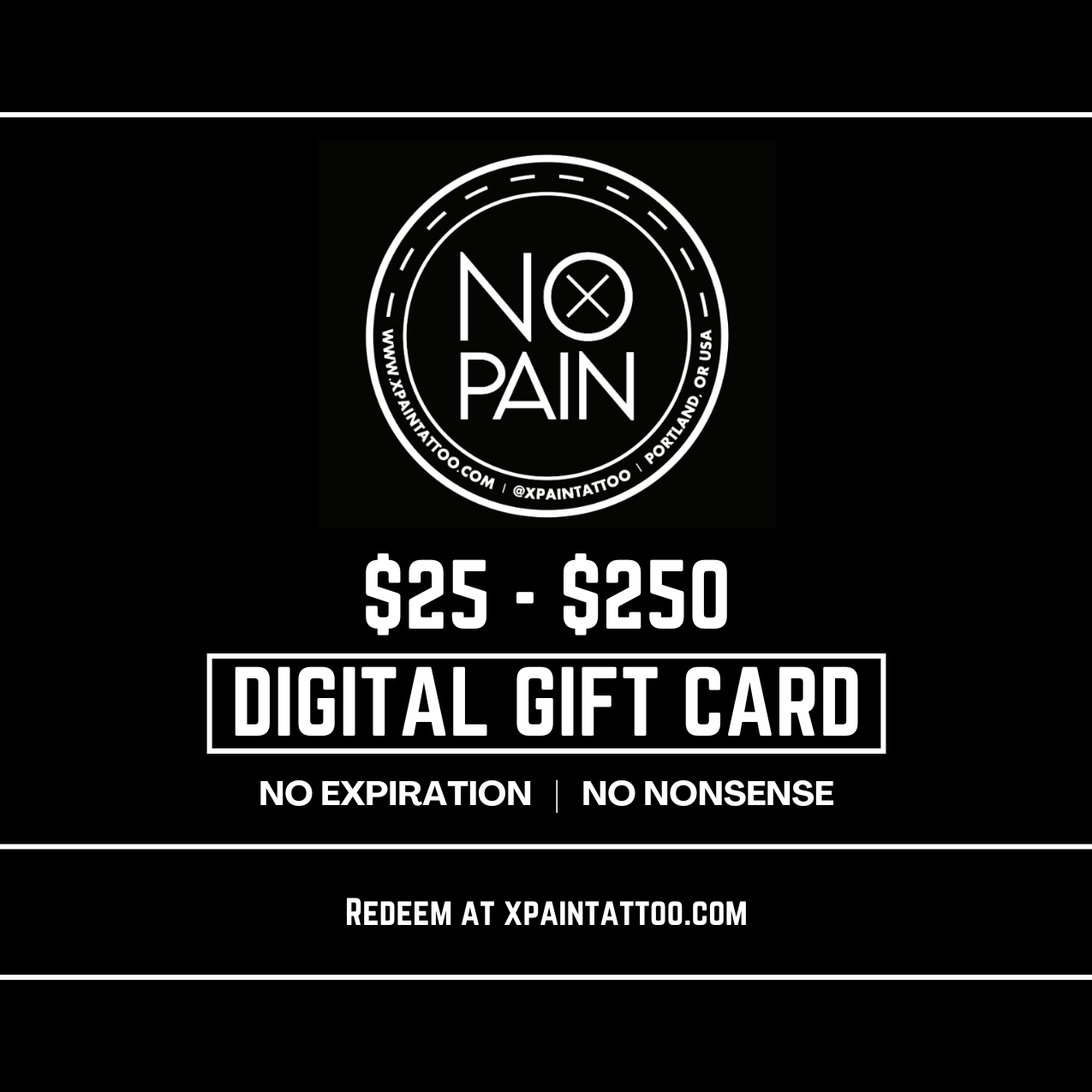You love the idea of getting a tattoo, but you have a complicated relationship with your skin. You're one of the many people who have "sensitive skin"—skin that tends to react with redness, itching, or rashes to new products, harsh weather, or even just a little bit of friction.
The thought of willingly subjecting this delicate canvas to hours of needlework can be daunting. Can your skin handle it? Will it heal properly? Will you have a terrible reaction?
The great news is: yes, you can absolutely get a beautiful tattoo, even with sensitive skin. You just need to be more strategic, more communicative, and more committed to a flawless aftercare routine than the average person. This is your complete guide to a safe and successful tattoo experience.
The Challenges of Tattooing Sensitive Skin
-
Increased Reactivity: Your skin's natural response to the trauma of a tattoo (the redness and swelling) may be more pronounced and last a bit longer.
-
Higher Pain Sensitivity: People with sensitive skin often have a lower threshold for pain, making the session more challenging to sit through.
-
Potential for Irritation: Your skin is more likely to react negatively to the wrong kind of aftercare products, especially those with fragrances or harsh chemicals.
Your Pre-Tattoo Action Plan: A Checklist for Success
1. Find a Gentle, Experienced Artist
This is your most important step. When you have your consultation, be upfront about your sensitive skin. Ask the artist about their experience with reactive skin types. A great artist will be understanding, may use a slightly gentler technique, and will appreciate your transparency.
2. The Patch Test is Non-Negotiable
A patch test is a "dress rehearsal" for your tattoo and is the single best way to predict how your skin will react. Ask your potential artist if they would be willing to do a small test patch in a discreet area (like your inner ankle). This involves tattooing a few small dots or a tiny line with the black ink they plan to use. You then wait a full 4-6 weeks to see how it heals. If it heals cleanly with no reaction, you can proceed with confidence.
3. Have a Serious Pain Management Strategy
Because your skin is more reactive, the pain of the tattoo will likely feel more intense. To ensure a comfortable experience and to help you stay perfectly still, a powerful pain management plan is key.
-
Our No Pain Tattoo Numbing Cream is the perfect tool for anyone with sensitive skin. By numbing the area beforehand, you bypass the heightened pain response, which reduces your overall stress and can even lead to less initial inflammation.
The Most Critical Phase: Flawless Aftercare
For you, aftercare is everything. Your sensitive skin cannot tolerate the irritating ingredients found in many common lotions and soaps. You must use products that are specifically designed to be gentle, pure, and hypoallergenic.
-
The Right Cleanser: Do not use a scented body wash. Our No Pain Tattoo Cleansing Foam is hypoallergenic, fragrance-free, and designed to clean the wound without causing any irritation.
-
The Right Moisturizer: Your healing skin needs moisture, but it must be from a product that won't trigger a reaction. Our No Pain Tattoo Soothing Gel and No Pain Tattoo Aftercare Balm are both formulated without any common irritants, providing the pure, breathable moisture your sensitive skin needs to heal beautifully.
The safest and easiest way to ensure you have the right tools is with our No Pain Tattoo Aftercare Bundle. It's a complete, hypoallergenic system that takes all the guesswork out of the process.
The Verdict: Having sensitive skin doesn't mean you can't get the tattoo you've always wanted. It just means you need to be a more informed and prepared client. By taking these extra steps—a patch test, a smart pain management plan, and a commitment to professional, hypoallergenic aftercare—you can ensure your tattoo experience is safe, comfortable, and results in a stunning piece of art.




